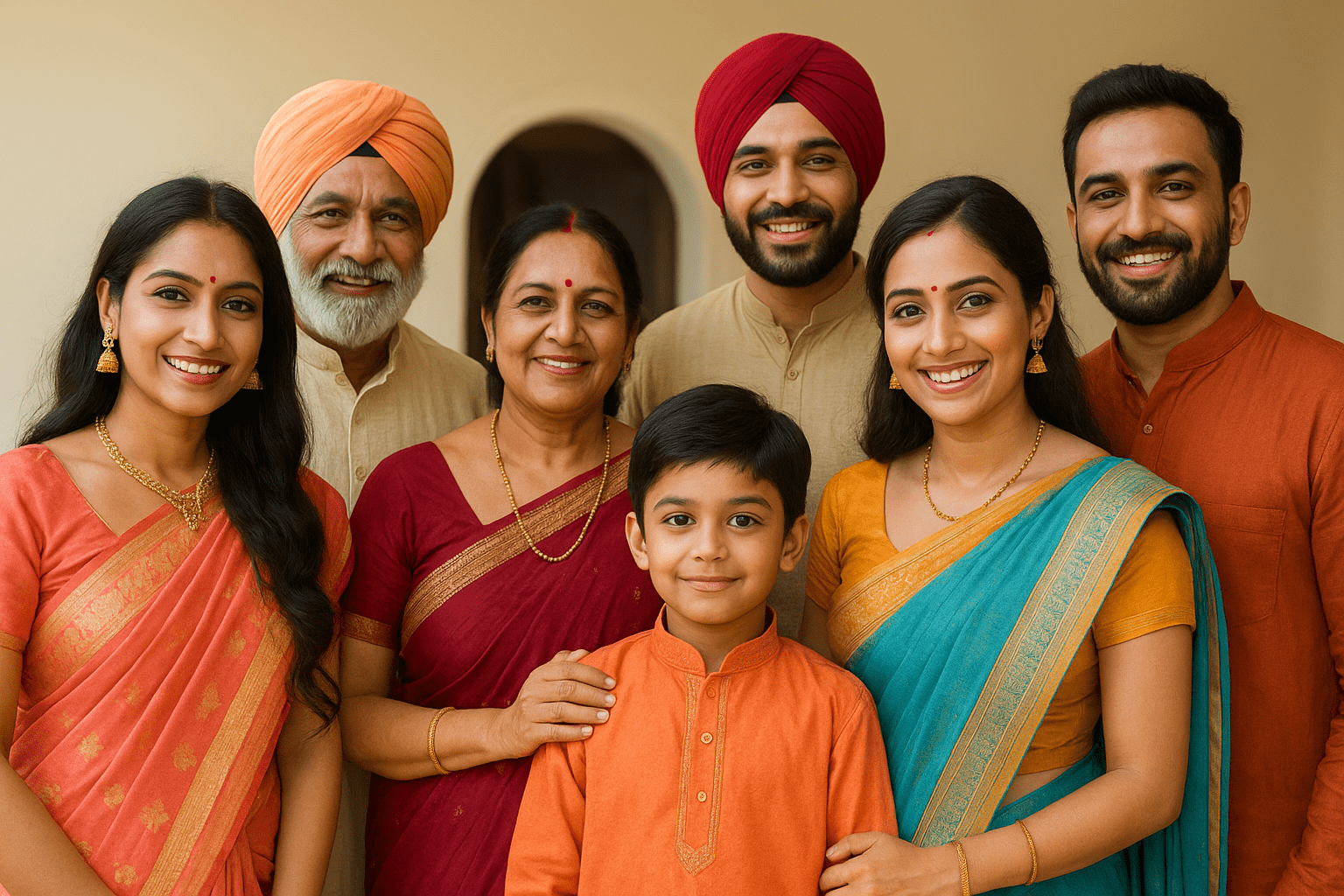
Maharashtrian Wedding Traditions That Celebrate Simplicity and Sacredness

Maharashtrian Wedding Traditions That Celebrate Simplicity and Sacredness
Maharashtrian weddings are a vibrant blend of devotion, simplicity, and cultural elegance. Tucked between rituals and the sound of traditional lezhim beats, these weddings reflect a deep-rooted ethos grounded in spirituality and family bonding. What makes them truly special is their effortless charm—graceful ceremonies that begin early in the day, statement Paithani sarees, and an infectious community spirit.
Pre-Wedding Rituals Grounded in Family Ties
The celebration begins with rituals that forge not just the bond between two individuals but also their families:
- Sakhar Puda: A formal engagement where the bride receives a traditional sweet packet from the groom’s family, symbolizing sweetness in the union.
- Kelvan and Halad Chadavane: Held at both families’ homes, Kelvan is a small feast, while Halad is the turmeric ceremony—believed to bring a glow to the skin and ward off negativity.
- Simant Puja: A warm welcome ceremony for the groom’s family, showcasing Maharashtrian hospitality at its finest.
The Big Day: A Sacred Affair Filled with Rituals and Resonance
Maharashtrian wedding ceremonies are typically held in the morning or early afternoon—the most auspicious time according to traditional beliefs. Simplicity meets sanctity in these vibrant events:
- Mangalsutra Ceremony: A sacred black-and-gold beaded necklace is tied around the bride’s neck by the groom, symbolizing eternal commitment.
- Antarpat: A silk cloth held between the couple during Vedic chants, only lowered when the priest chants ‘Shubh Mangal Savadhan’, marking the bride and groom’s symbolic first sight.
- Saptapadi & Kanyadaan: Taking seven sacred steps around the fire and the heartfelt offering of the daughter by the parents—a moment laden with emotion and generational legacy.
Timeless Attire and Accessories
Maharashtrian bridal wear is a vibrant showcase of regional finesse:
- Paithani Saree: Woven meticulously with gold zari, this saree is a timeless masterpiece of Maharashtrian craftsmanship.
- Nath: The signature nose ring, encrusted with pearls or gemstones, adds elegance to the bride’s profile.
- Peshwai Shalu: The groom often wears a white or cream kurta with a traditional dhotar and a pheta (turban), boasting regal simplicity.
Gastronomic Delights in a Maharashtrian Wedding Feast
No Maharashtrian celebration is complete without its delicious, purely vegetarian feast, served on banana leaves. The food reflects balance—mild spices, coconut-laced gravies, and seasonal vegetables:
- Puran Poli: A sweet lentil-filled flatbread, often the highlight of the spread.
- Batata Bhaji and Katachi Amti: Simple yet flavorful lentil and potato curry pairings, showcasing the comfort of home-style cooking.
- Masale Bhaat: Spicy rice cooked with assorted vegetables and garnished with coriander and grated coconut.
- Ukadiche Modak: A festive sweet dumpling filled with jaggery and coconut, often associated with Lord Ganesha.
Serving food in a specific order and manner is a ritual in itself—guests are seated cross-legged, and seva (service) is considered an act of honor.
Sacred Yet Joyful: The Cultural Soul of Maharashtrian Weddings
From lavani dances during sangeet-like celebrations to melodious folk songs sung by the bride’s maternal aunts, Maharashtrian weddings exude authentic joy. The combination of spirituality and down-to-earth festivities makes these weddings not just an event, but an experience deeply rooted in tradition.
Such ceremonies remind us that while grandeur dazzles, it’s tradition that leaves a lasting impression. If you’re drawn to meaningful rituals and family-centric values, a Maharashtrian wedding might speak your heart’s language. Find your perfect match today and begin your journey steeped in culture and connection.
